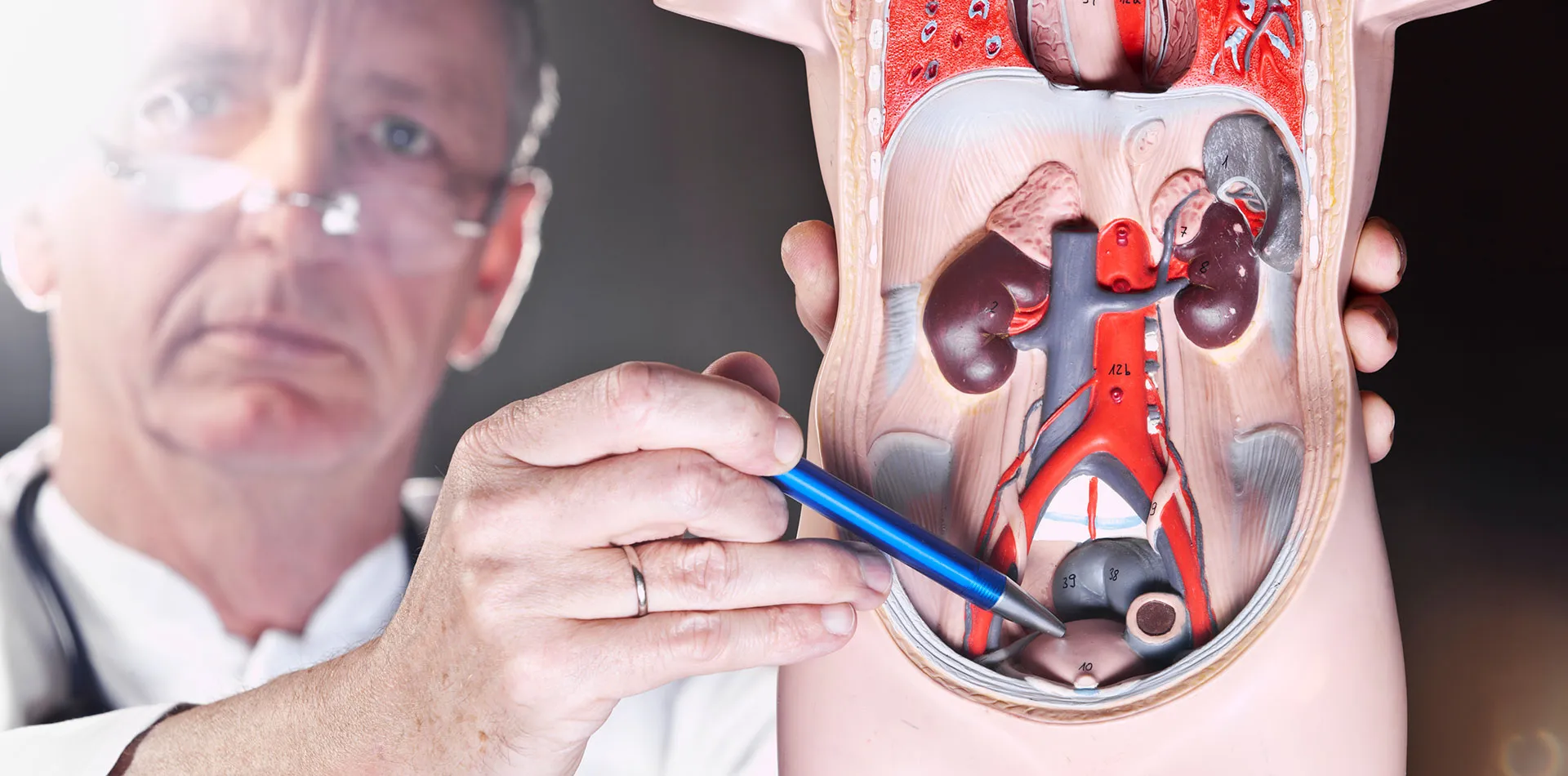
While the likelihood of experiencing urinary leakage and incontinence increases with age, it is not considered normal as a leaky bladder can interfere with day-to-day activities, and requires proper treatment.
Urinary Leakage and Incontinence is a medical condition in women where they lose some control over their bladder and leak urine involuntarily. The leakage can vary in the range from just a few drops of urine to complete discharge of the bladder. Regardless of the amount of leakage, it is obviously a very dreadful and stressing condition to go through and it usually has an immensely adverse effect on the patient’s life. Normally occurring in elderly women who have been through menopause, urinary leakage and incontinence has different types and causes for which it occurs.
Women that experience urinary leakage and incontinence go through a number of symptoms. Some of them are listed below:
• Leaking urine during regular everyday activities like lifting, bending, coughing,
• exercising, etc
• Immediate strong urges to urinate that even making in time to the toilet without
• leaking urine is difficult
• Leaking urine without feeling any warning sign or having any urge
• Wetting bed
There are three major types of urinary leakage and incontinence. They are:
• Stress Incontinence: This is when urine is leaked due to an increase in intra-abdominal pressure from various activities like laughing, coughing, sneezing, climbing stairs, etc. and thus the bladder. It is also usually occurred in women after childbirth.
• Urge Incontinence: Also known as the overactive bladder syndrome, this is the uncontrolled leakage that is either followed by or immediately preceded by urgency.
• Mixed Incontinence: The most common type which is basically a mixture of both the above 2 conditions.
Apart from these 3 types, there are some more types that are rather rare but are just as awful.
• Overflow incontinence: involuntary leakage due to a full bladder.
• Functional incontinence: physical or mental hurdles that keep the patient from reaching the washroom.
• Temporary incontinence: due to temporary conditions like constipation, urinary tract infection, etc.
There are various reasons that result in Urinary Leakage and Incontinence. Some of them are listed below:
• Urinary tract infection (UTI): UTI is an infection in any part of the urinary system (kidney, ureter, urethra, etc) which sometimes causes leakage of urine from the bladder.
• Diuretic medications/other beverages: Diuretic is any substance that enhances urine production so prominent intake of such substances gives rise to urine leakage in patients as well.
• Pelvic floor disorders: Pelvic Floor Disorders cause weaking of the muscles and tissues that support the pelvic organs. Thus, this disorder causes a number of problems one of which is urinary incontinence.
• Constipation: Many women that experience urinary incontinence often experience constipation too so there is some linkage believed to exist between the two.
• Neuromuscular problems: This is when the nerve signals around the organs governing the control the urine are disturbed. This then causes urine to leak.
Urine leakage is a serious problem in women and the professional overlooking the treatment of the condition is a gynecologist. While the exact treatment depends on the type of incontinence amongst other factors, usually the first step opted by a gynecologist is to recommend conservative treatments. This is usually advice like recommendation of changing lifestyle which includes, weight loss, giving up smoking, managing fluid intake, training bladder, etc.
When these conservative treatments do not work, gynecologists opt for giving medications. Some examples are:
• Anticholinergic medication – oxybutynin, solifenacin, tolterodine, etc
• Intravaginal oestrogens
• Botulinum toxin A
• Neuromodulation & sacral nerve stimulation
In cases that are worse, gynecologists have to go for surgical procedures. Some of the most common surgical practices include:
• Burch colposuspension
• Laparoscopic colposuspension
• Peri-urethral injection
• Tension free vaginal tape (TVT)
• Transobturator mid-urethral slings
• Detrusor myomectomy and augmentation cystoplasty
If you would like an appointment with one of our gynae consultants at American Hospital Dubai, please click the button below to submit an online appointment request form.
Patient Experience